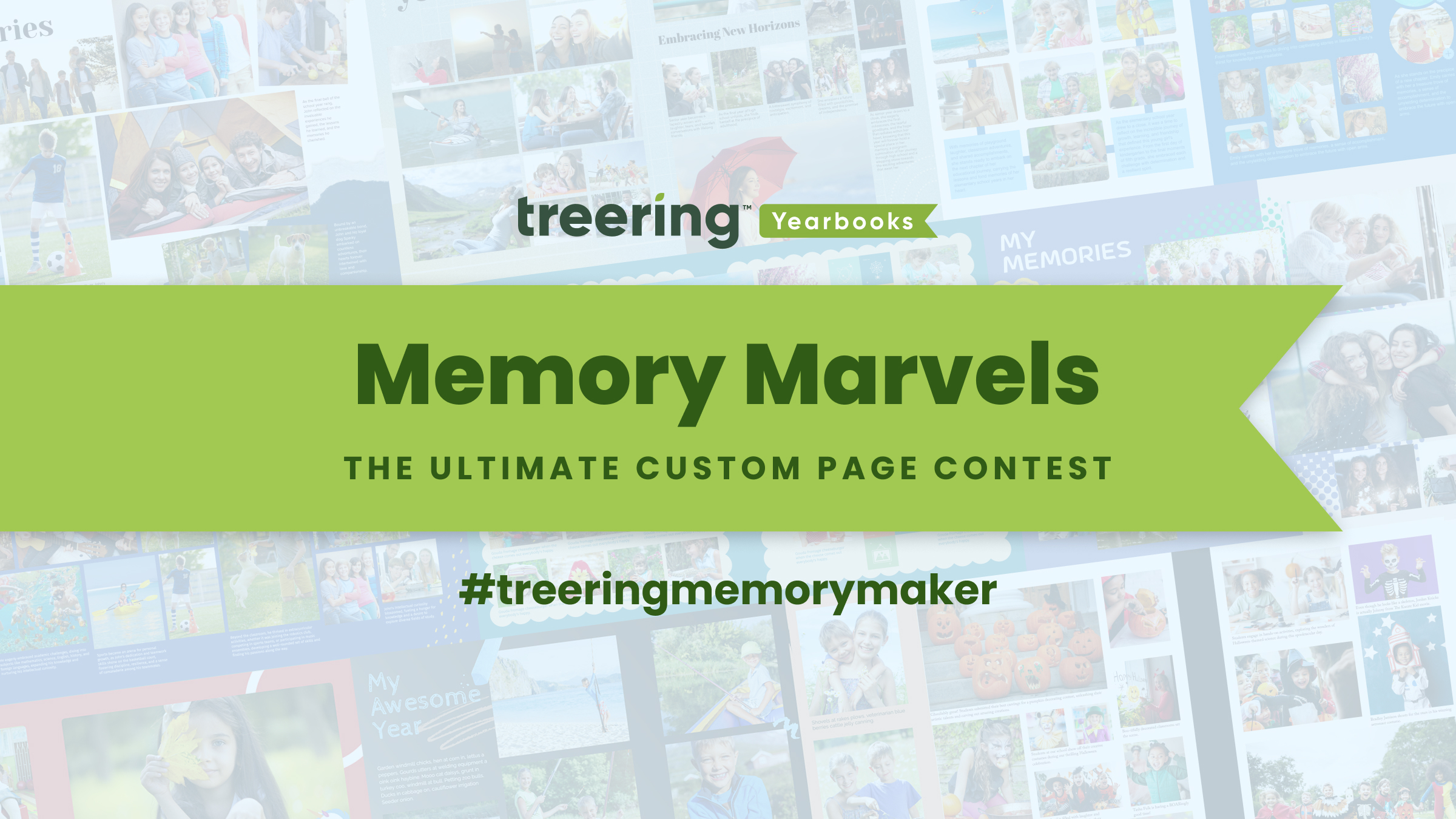Knowing how to conduct an interview is one of the most important aspects to creating engaging content for youryearbook pages. But a good interview will do more than give you material for your yearbook pages; it’ll give you ideas of what’s important to highlight and how you can shape the story on the page.
And, sometimes, a good interview can give you something completely unexpected:
In 1992, a young television reporter named Michael Barkann sat near Barbra Streisand at the U.S. Open tennis tournament and talked to her about her relationship with Andre Agassi.
Barkann, who had just started working as a reporter for the tournament’s television coverage the year before, asked Streisand how the two had famous people had met. Streisand told him that Agassi, who was on the court at the time of the interview, had been moved by her movie, “Prince of Tides.”
Barkann, in turn, asked Streisand what moved her about Agassi’s tennis play.
“He’s very in the moment,” she told him. “He’s very evolved. More so than his linear years. He plays like a Zen master.”
The quote followed Agassi around for nearly the rest of his playing career.
So, how can you get incredible quotes like that? Here are three tips on how to conduct an interview that will set you apart from others.
Prepare
First things first: know your subject.
You may not know your school’s soccer coach or band director very well, but, if you are interviewing one of them, you should be sure to know the basics before meeting with them: How long have they been with the school? What are they known for in the school community? How successful have they and their students been? What are two or three notable achievements they have been involved with this school year?
Knowing this type of information will allow you to ask deeper questions about the soccer team’s season or why the band played a particular piece of music at the annual holiday concert.
Preparation also has another advantage: you can gain trust with your interview subject by mentioning to them that you know certain key information.
For example: Instead of asking your school’s soccer coach how the team did this year (a question that is often answered with a reference to a team’s record), you can ask how the team’s 10-2 record compared to her early-season expectations.
Taking this approach allows you to focus your entire interview on collecting the type of information you’re really seeking.
Ask Open-Ended Questions
One of the most successful interview tactics your can use to get attention-grabbing quotes from your interview subject is to get them talking early. Make no mistake, though, this is one of harder aspects of interviewing.
People who have a microphone in their face, or who are watching you take notes on what they’re saying, have a tendency to watch their words in a manner they otherwise wouldn’t. And, when given the opportunity, the most uncomfortable of your interview subjects will quickly resort to “yes” or “no” answers.
You can avoid hitting this type of wall by limiting yourself to only asking open-ended questions.
In other words, focus on asking questions that begin with “what,” “why” and “how.” (“Who” and “when” are also good starting places, of course.)
Doing so, especially with the first three, will immediately stop an interview subject from using single-word answers, giving you more content from which to shape your story.
Listen
Once you have your interview subject talking, you’ll need to do one thing better than anything else: listen.
It sounds obvious, of course, but you want to make sure you’re registering everything your subject is saying. You want that information for later, yes, but you particularly want to be paying attention to what is being said so that you can ask appropriate follow-up questions.
Think about it this way: If you’re interviewing the band director and he tells you that he thought the band’s performance in the fall concert was the most memorable of his career, you certainly want to ask him why.
It is likely that the answer to that question is the one that will provide you with the quotes and insights you need to create a compelling story for the band page. So, instead of jumping to your next planned question, focus on getting the story about the fall concert. Your next question can wait.
Also, as you ask these open-ended questions, remember that listening sometimes requires silence. Because you’re asking someone to answer a question with more than one or two words, they’ll need more time to formulate their answers. Sometimes, that comes in the form of silence.
Focusing on what is being said in an interview gives you a better window into your interview subject’s mind. Let that person express himself during the interview.
Have you conducted any interviews lately? What tactics did you use to get your subject to open up?






